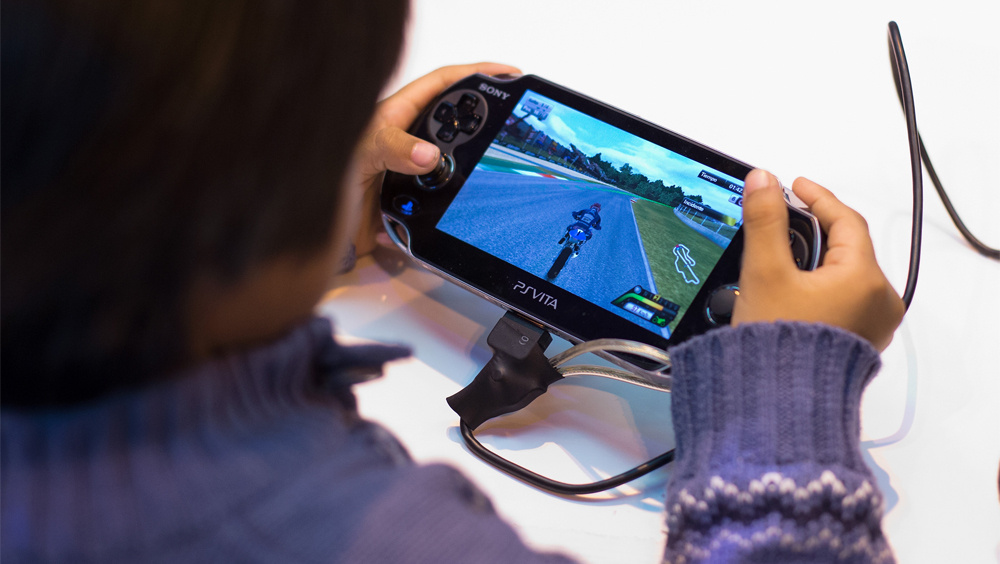What a Child Learns From Positive & Negative Video Game Play
AMES, IA (CBS SF) - The next time you see your child repeatedly playing video games, you may want to think about the effects it may have to their future. A recent study by researchers at Iowa State University found that children who play violent videos games repeatedly tend to begin thinking and act more aggressively, regardless of age, gender and culture.
Associate Professor of Psychology, Douglas Gentile says it is the same as learning math or playing the piano. "If you practice over and over, you have that knowledge in your head. The fact that you haven't played the piano in years doesn't mean you can't still sit down and play something," Gentile said. "It's the same with violent games – you practice being vigilant for enemies, practice thinking that it's acceptable to respond aggressively to provocation, and practice becoming desensitized to the consequences of violence."
For three years, the study followed 3-4th graders and 7-8th graders as they spent time playing videos games. They took in account time spent, the type of violence in the game and the child's behavior. In their findings, boys tend to be more physically aggressive than girls. However, when it time came for controlled for gender study, the violent video game effects were the same for both genders.
The researchers also tested whether or not more aggressive children had a greater effect when violent video games were played. The results, like gender controlled testing, turned out no significant differences.
"The results make a pretty strong argument that gender and age really don't affect this relationship between video game play, aggressive thinking and aggressive behavior," said Sara Prot, a graduate student in psychology at Iowa State. "There are lasting effects on thinking and behavior. You can't say one group, because of their gender, age or culture, is protected from the effects in some special way."
 (credit: Pablo Blazquez Dominguez/Getty Images)
(credit: Pablo Blazquez Dominguez/Getty Images)
Of teens and children, 90% play video games that have some type of violent content, however, the findings show that not all video games are bad and children will attribute to bad behavior. A previous study on the influence of pro-social media was led by Prot, Gentile and Anderson. The findings proved that positive video games, films, television shows that show caring, helpful & nurturing behaviors, positively influenced behavior. This study tested empathy levels, helpful behavior of boys, girls and adolescents in seven countries.
The studies together, pro-social and anti-social do show that content impact a child's "real world" behavior.



